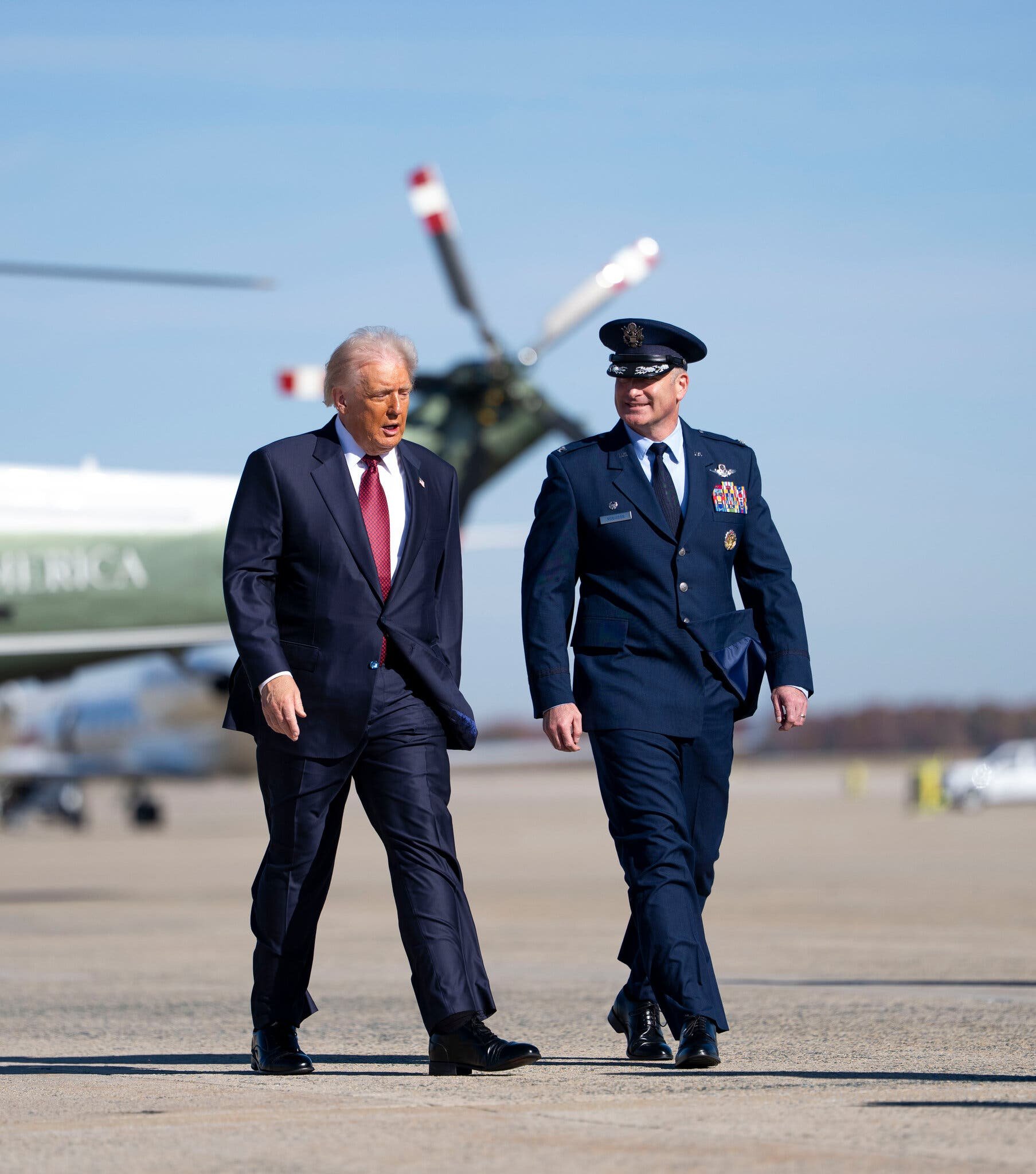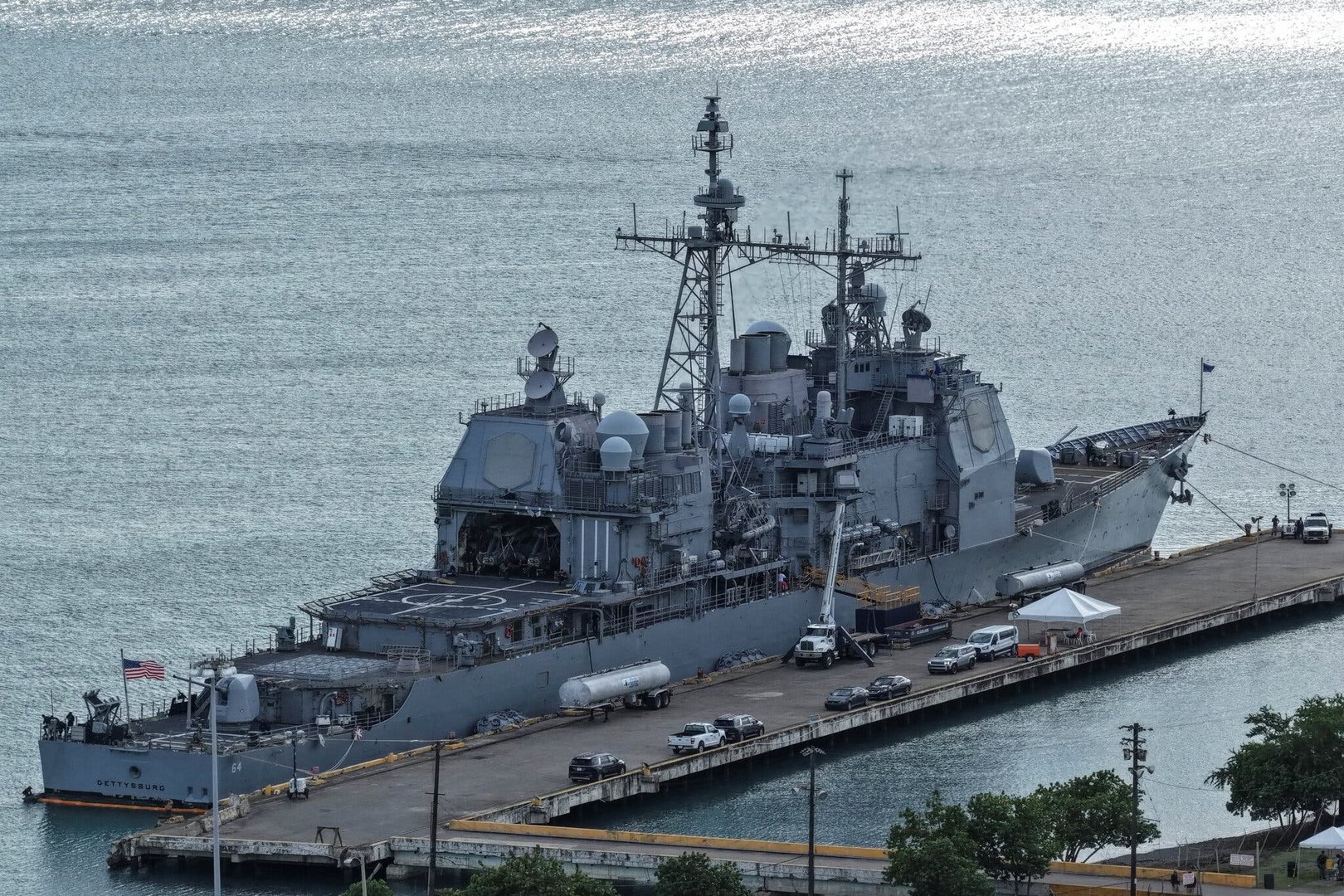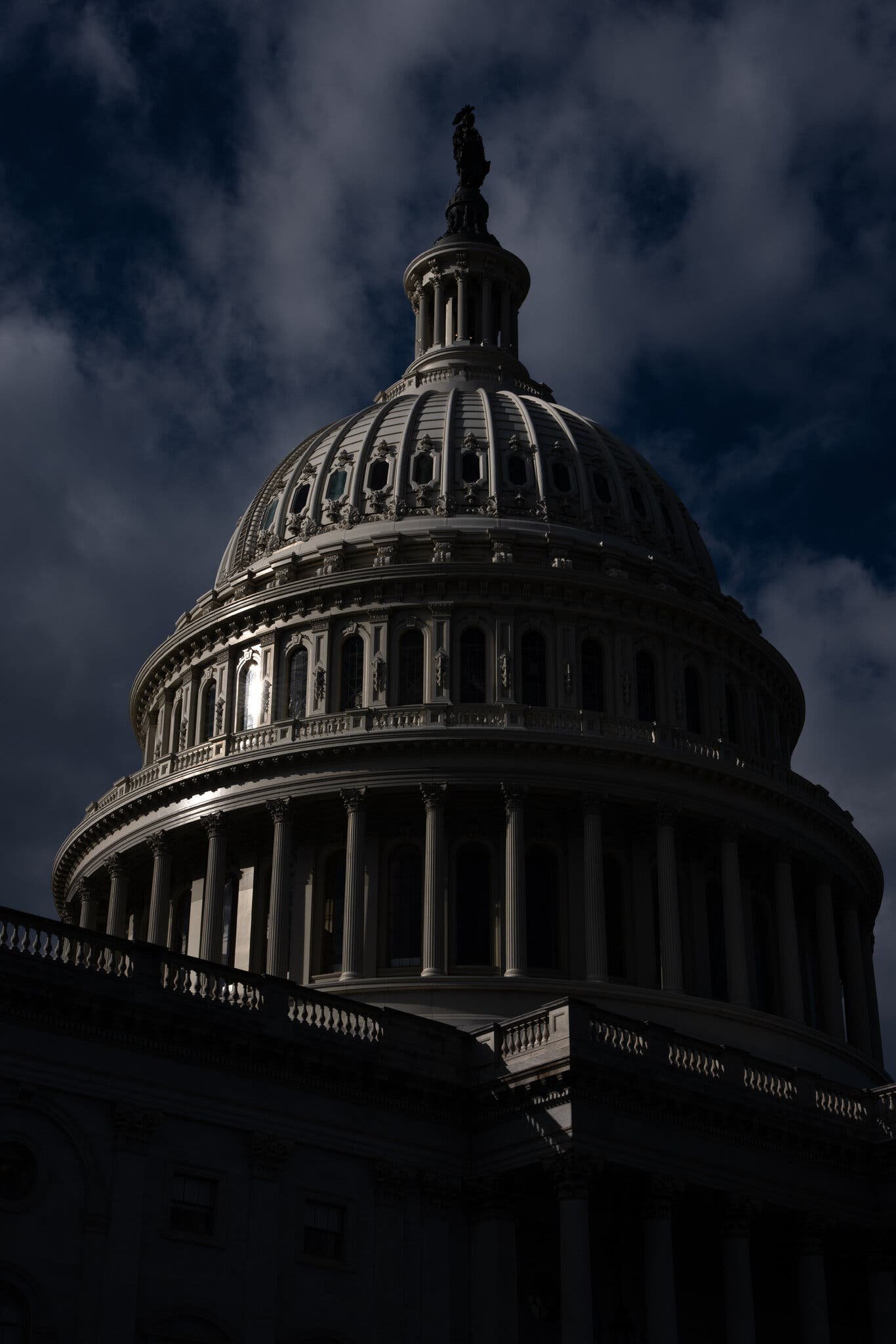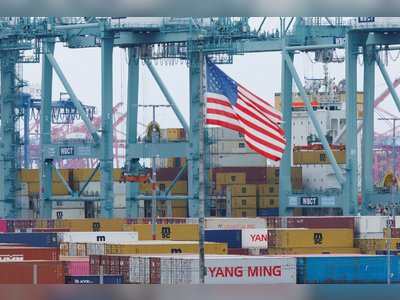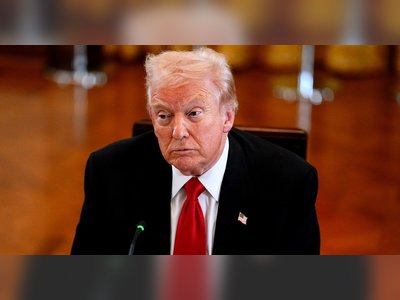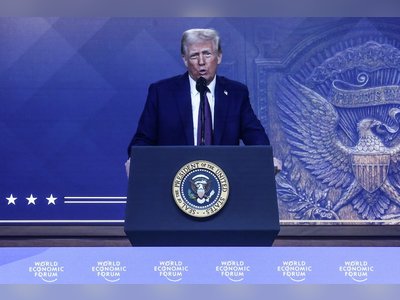Classified Justice Department Memo Backs Trump’s Maritime Strikes on Drug Cartels
Legal opinion asserts U.S. is in armed conflict with narco-terrorists, shielding troops from prosecution
A previously undisclosed memorandum from the U.S. Department of Justice Office of Legal Counsel (OLC) provides legal cover for the naval strikes ordered by Donald Trump against drug-trafficking vessels in the Caribbean Sea and eastern Pacific Ocean.
The memo contends that the United States and its allies are engaged in a non-international armed conflict with “narco-terrorist” cartels, and thus U.S. personnel acting under orders enjoy battlefield immunity from prosecution.
According to sources familiar with the document, it relies heavily on claims advanced by the White House — including that cartels intentionally target Americans with illicit narcotics, destabilise the Western Hemisphere, and generate revenue to buy arms.
The legal reasoning treats vessels suspected of smuggling as legitimate military targets on the grounds that their cargo supports the cartels’ war-like activities.
The memo also rejects application of the War Powers Resolution, arguing that the strikes fall short of “hostilities” as defined by the statute, since U.S. forces do not incur casualties or sustain large troop deployments.
It further asserts that President Trump enjoys commander-in-chief authority under Article II of the Constitution to launch such operations without congressional authorisation.
Since early September the U.S. military has conducted at least 19 strikes on alleged drug-trafficking vessels, with the total death toll rising past 70. These operations mark a sharp escalation in the U.S. counternarcotics posture and reflect Washington’s framing of the drug trade as a national-security threat rather than a domestic law-enforcement issue.
Legal scholars and international observers have raised alarms about the precedent this sets.
Critics argue that the reclassification of criminal groups as enemy combatants lacks precedent under international law and could dismantle the legal safeguards around use of force.
The memo, however, remains classified; the administration has provided limited access to a small number of lawmakers and their staff.
While the legal analysis strengthens the administration’s position, operational transparency remains scant.
No public evidence has been offered linking specific vessels to cartel-financed military operations, and several Latin American governments have criticised the strikes as unlawful.
The memo nonetheless positions the administration’s maritime campaign under the language of war, granting protections to U.S. forces and signalling that the White House intends to expand its kinetic reach against transnational drug networks.
The memo contends that the United States and its allies are engaged in a non-international armed conflict with “narco-terrorist” cartels, and thus U.S. personnel acting under orders enjoy battlefield immunity from prosecution.
According to sources familiar with the document, it relies heavily on claims advanced by the White House — including that cartels intentionally target Americans with illicit narcotics, destabilise the Western Hemisphere, and generate revenue to buy arms.
The legal reasoning treats vessels suspected of smuggling as legitimate military targets on the grounds that their cargo supports the cartels’ war-like activities.
The memo also rejects application of the War Powers Resolution, arguing that the strikes fall short of “hostilities” as defined by the statute, since U.S. forces do not incur casualties or sustain large troop deployments.
It further asserts that President Trump enjoys commander-in-chief authority under Article II of the Constitution to launch such operations without congressional authorisation.
Since early September the U.S. military has conducted at least 19 strikes on alleged drug-trafficking vessels, with the total death toll rising past 70. These operations mark a sharp escalation in the U.S. counternarcotics posture and reflect Washington’s framing of the drug trade as a national-security threat rather than a domestic law-enforcement issue.
Legal scholars and international observers have raised alarms about the precedent this sets.
Critics argue that the reclassification of criminal groups as enemy combatants lacks precedent under international law and could dismantle the legal safeguards around use of force.
The memo, however, remains classified; the administration has provided limited access to a small number of lawmakers and their staff.
While the legal analysis strengthens the administration’s position, operational transparency remains scant.
No public evidence has been offered linking specific vessels to cartel-financed military operations, and several Latin American governments have criticised the strikes as unlawful.
The memo nonetheless positions the administration’s maritime campaign under the language of war, granting protections to U.S. forces and signalling that the White House intends to expand its kinetic reach against transnational drug networks.

